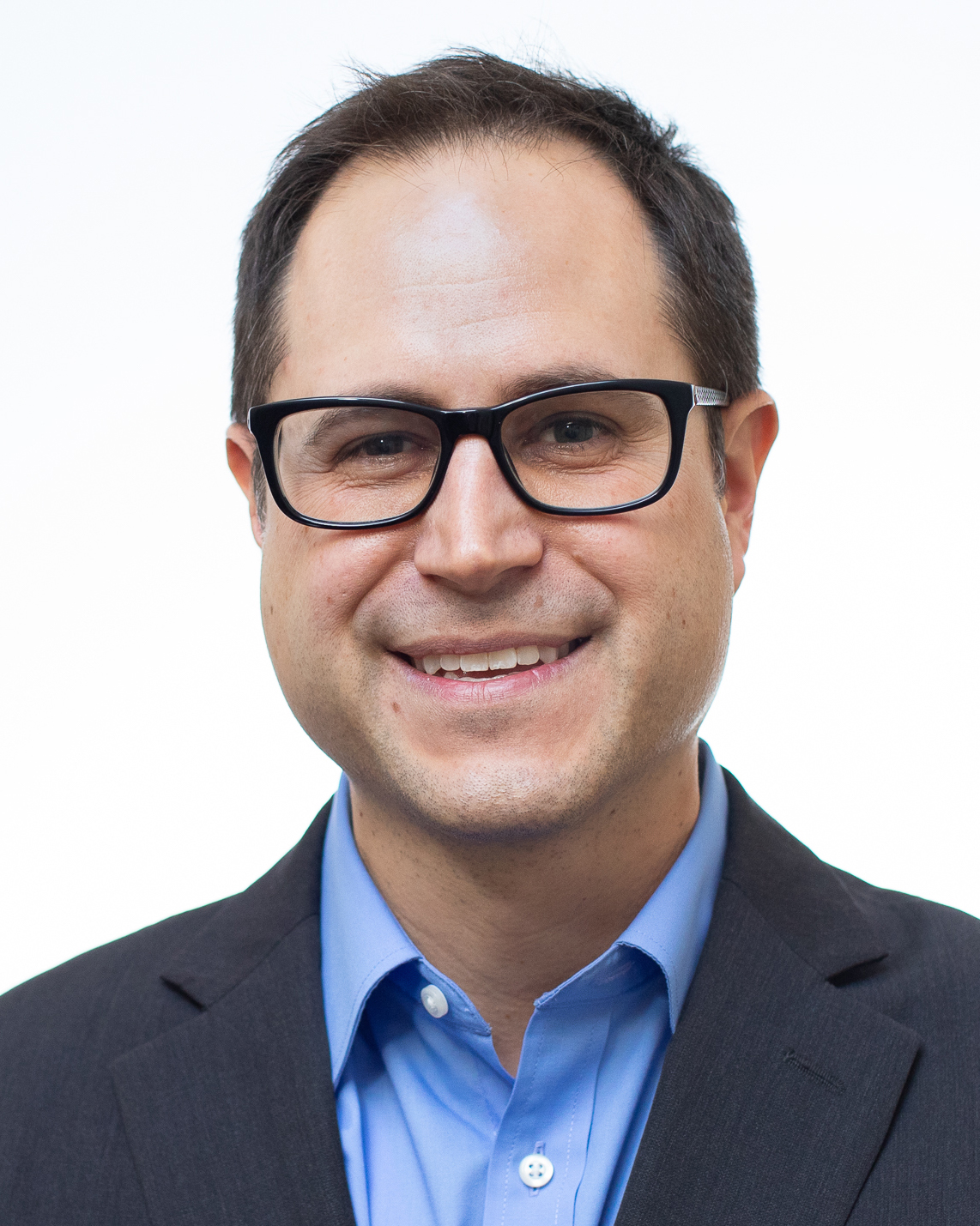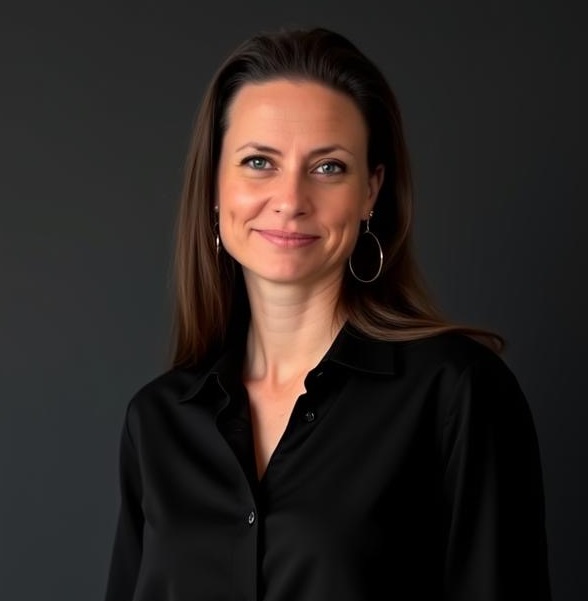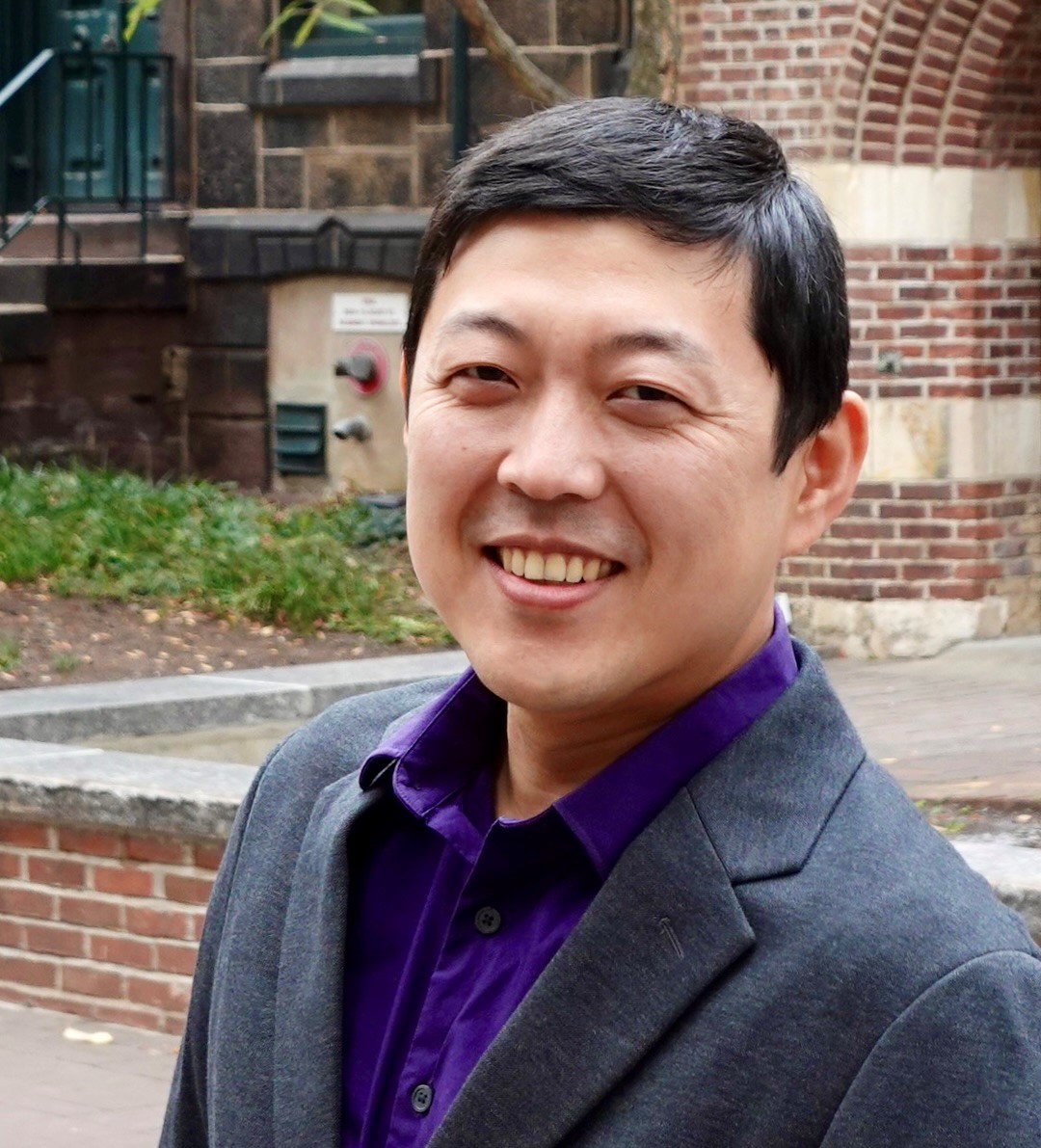
Adam R. Ferguson, MS, PhD
Co-Director, Brain and Spinal Injury Center (BASIC)
Professor, Department of Neurological Surgery
Weill Institute for Neurosciences
University of California, San Francisco (UCSF)
Principal Investigator, San Francisco VA Health Care System
Adam R. Ferguson, MS, PhD is Co-Director of the Brain and Spinal Injury at the Zuckerberg San Francisco General Hospital, Professor of Neurological Surgery in the Weill Institute for Neurosciences at UCSF, and principal investigator in the San Francisco VA Healthcare System. His research interests span from mechanistic neuroscience in model organisms to large-scale clinical data science and precision medicine research for TBI and SCI. He is a past-president of the National Neurotrauma Society and co-director of the Open Data Commons for SCI (odc-sci.org) and TBI (odc-tbi.org), NIH-supported repositories complying with federal data sharing policies. He helped shape federal data sharing policy at National Academies of Sciences, Engineering, and Medicine (NASEM) workshops on the data lifecycle in biomedicine, and serves on the Steering Committee for the NIH/NINDS common data elements (CDE) initiative. He has a strong dedication to teaching and mentorship of next-generation researchers, serving as director for data science and biostatistics for the UCSF Biomedical Sciences graduate program, and sponsor/mentor on 18 successful fellowships to-date. He has authored 250+ peer-reviewed papers across bench science, data science, and clinical neurotrauma research.

Erica Dale, PhD
Assistant Professor
College of Medicine Senator to UF Faculty Senate
Department of Physiology and Aging
College of Medicine
University of Florida
Erica Dale is an Assistant Professor in the College of Medicine at the University of Florida. Her research interests involve understanding mechanisms of spinal learning in the context of breathing function. Within the respiratory neural control network there are several known spinal mechanisms underlying plasticity and they all lead to a long-lasting increase in phrenic motor output, a direct correlation to contraction of the diaphragm and, thus, breathing. A large portion of her current research focus is aimed towards activating phrenic motor networks via electrical spinal cord stimulation to enable functional recovery of breathing after upper cervical spinal cord injury in rodents. Recently published work utilizing this model in a closed-loop stimulation paradigm has shown promise for eliciting plasticity within the respiratory motor network. Erica is also passionate about making positive change in world and, beyond her research goals, she has held several academic leadership positions and makes annual trips to The US Congress on Capitol Hill to advocate for science.

Hao Ye, PhD
Curriculum Lead
Community for Rigor (C4R)

Hao Ye is the Curriculum Lead at the Community for Rigor (C4R). C4R is an NIH/NINDS-funded initiative that makes free, online curriculum to teach the principles of research rigor. C4R is led by Konrad Kording at the University of Pennsylvania, in collaboration with subject matter experts across US universities. In his role at C4R, Dr. Ye coordinates the design and development of educational materials to teach the principles of research rigor, and focusing on the key skills and decision points encountered by researchers. Dr. Ye also serves as a Data Paper Editor for the journal “Ecology”, and as an instructor trainer for The Carpentries.
